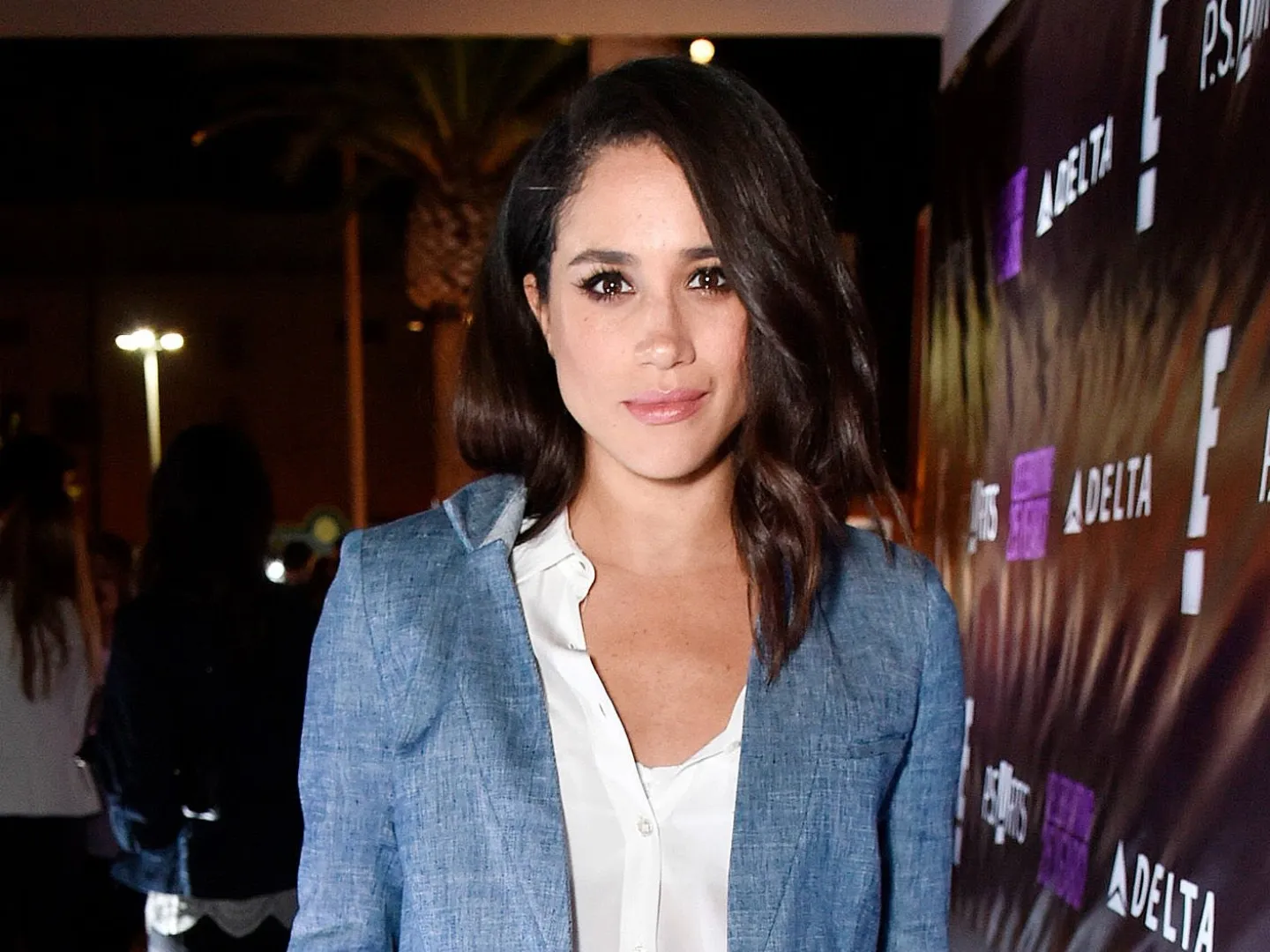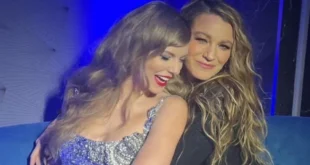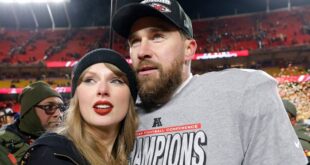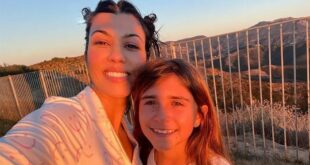Prince Harry faces backlash in UK and US over his claims
Prince Harry, who has lost his battle with Home Office over security arrangements in the UK, failed to prove his claims in the court after receiving backlash for claims in Spare in the US court.
Harry was challenging a 2020 decision made by Ravec to remove his automatic right to police protection when he returns to the UK.
However, the Duke of Sussex made several “incorrect claims” throughout his High Court battle before suffering a crushing defeat, according to GB News.
The Duke claimed that the decision to strip his taxpayer-funded security was made without his knowledge. However, the High Court judge said “a paper provided by the royal household in January 2020 warned the claimant that he would likely need private security”.
Lord Sedwill, who was the cabinet secretary at the time, explained to Fiona McIlwham, Harry’s private secretary, that the duke “should have no expectation of his existing security arrangements remaining the same.”
King Charles III’s younger son Harry also said he was considered an “exceptional member” of those covered by the Royal and VIP Executive Committee (Ravec).
The judge later said this was “an inappropriate, formalist interpretation of the Ravec process.”
Harry additionally believed he should have “ongoing presence” when he visits the UK with Meghan Markle, but the judge said: “The ‘bespoke’ process devised for [Harry] in the [Ravec] decision of 28 February, 2020, was and is legally sound.”
Prince Harry criticised Sir Richard Mottram, the chairman of Ravec until 2021, for taking a “contradictory position” with regards to supplying security on a case-by-case basis.
But the judge said: “Ravec was not only entitled but obliged to approach matters on a case-by-case basis as regards certain cases, given their exceptional characteristics.”
Harry also noted that a “successful attack” on the duke was not considered by Ravec, which was refuted by the judge who said it was “bizarre” to suggest this of the “highly experienced chair”.
The 39-year-old later complained that his offer to pay for the cost of protective security was not taken into account by Ravec. But the judge said Mottram stated a person is “either entitled to the relevant protection as a member of the Ravec cohort or they are not”.
Finally, Harry claimed it was “irrational” for him to give 28 days’ notice for when he visits the UK, if he wanted security. The judge said Harry failed to provide evidence that the rule was “imposed for some extraneous reason”.
On the other hand, Harry’s claims in his own memoir ‘Spare’ have failed to prove their authenticity in the US court.
John Bardo, a lawyer for the DHS, told the court that “the book isn’t sworn testimony or proof” that the Duke of Sussex did in fact take drugs, saying: “Something in a book doesn’t necessarily make it true.”
He made the claims during the hearing at E Barrett Prettyman Courthouse on Friday as a DC court began hearing a case on whether to compel the US government to release Duke of Sussex’s visa application.
 Trust World News Solid Entertainment Headlines, Exclusive Movies Updates.
Trust World News Solid Entertainment Headlines, Exclusive Movies Updates.




